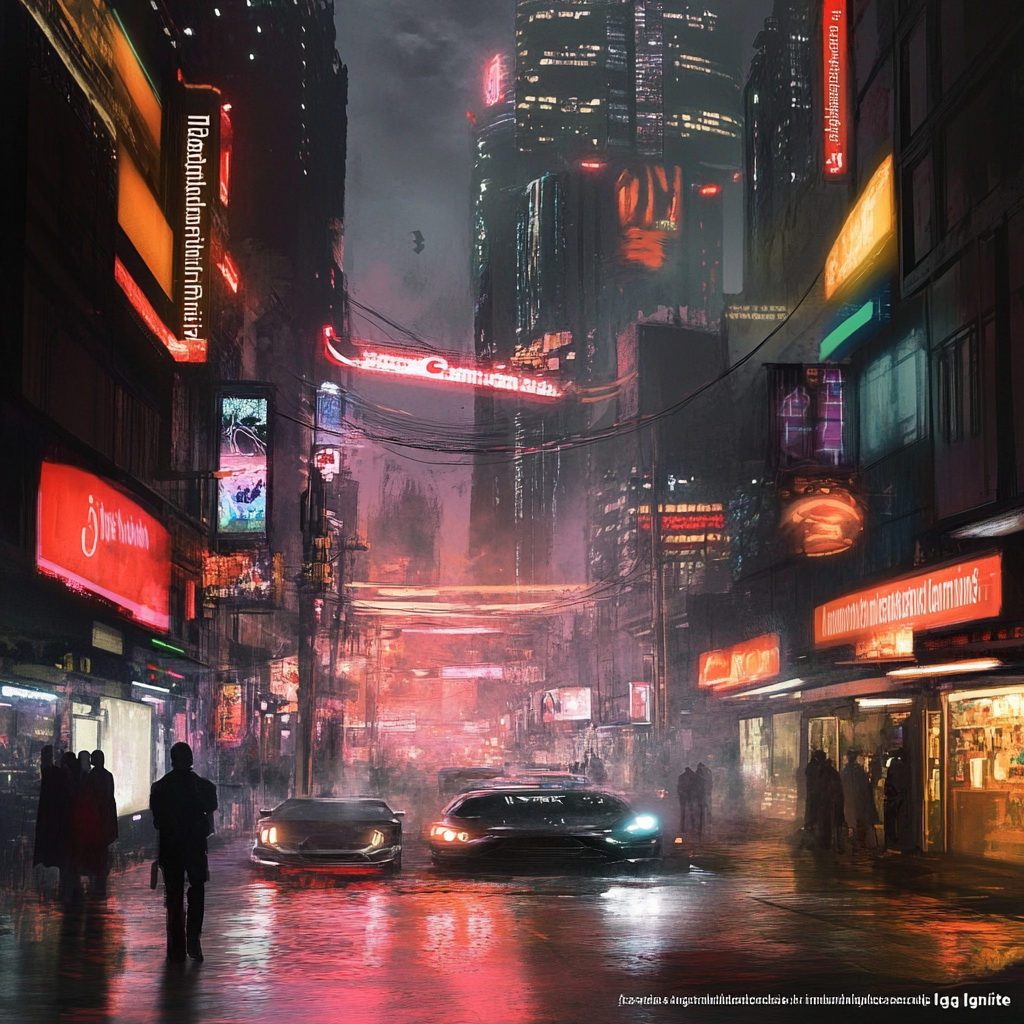
Dutch Government Faces Backlash Over Phased Increase in Gambling Tax
In a bold maneuver reminiscent of a high-stakes game of poker, the Dutch government is tinkering with the rules of the gambling industry: they’re upping the ante with a phased tax increase that has operators and analysts frantically shuffling their cards. With an increase from 30.5% to 37.8% on gross gaming revenue (GGR)—a whopping 7.3 percentage points—the government's autumn budget is shaping up to be a veritable seismic event in the landscape of Dutch gambling. This controversial move is forecasted to reel in an additional €202 million (that’s $225 million for those still counting in dollars) each year from 2025 to 2028. Sounds like a jackpot, doesn’t it? Well, not everyone in the casino is cheering.
The murmurs of dissent are growing louder, as stakeholders jump up to the microphone to broadcast their displeasure. Alan Littler, a legal eagle from Kalff Katz & Franssen, practically hit the red button when he exclaimed that “the current government appears to be deaf to these concerns, viewing gambling as a ready source of additional taxation revenues.” It’s as if they’ve forgotten there are real players on the other side of the table, crouching and strategizing, trying to make a profit in an increasingly hostile environment.
Now, let's play a little closer to the edge of that table. The grim predictions are starting to roll in—rumor has it that any operator caught off-guard by this uppity tax plan could find themselves packing their bags and exiting the playing field altogether. Picture this: even the state-owned Holland Casino, the crown jewel of Dutch gambling, might feel the pressure to shutter branches or possibly even pull a vanishing act online, all due to the increased financial burden.
The conversation around consumer protection is also snagged in the crossfire. There’s a sense that the government’s focus on tax revenue could inadvertently trample on the very consumers they’ve pledged to protect. Littler's words echo this sentiment chillingly as he warns, “the state coffers have been given priority over consumers of gambling services in the Netherlands.” Since when did keeping the government solvent become the king card over individual consumer rights?
Now, turning the focus towards the government’s reasoning, we find Prime Minister Dick Schoof, steadfastly defending this tax hike with a posture that suggests he’s on a crusade for moralizing gambling practices. “We want to discourage gambling, let there be no misunderstanding about that,” Schoof stressed during a parliamentary session. It’s almost as though this fiscal strategy is cloaked in a protective guise of public wellness, where they’re attempting to save players from the clutches of their own interests. It’s noble, but also a tad patronizing, don’t you think?
The plan for implementing this tax spike is a staggered approach—two phases set in motion to cushion the controversial switch for the sports industry that leans heavily on gambling revenues. In theory, easing into the cold pool might work. In practice? Well, that's a different game entirely. The phasing has drawn scorn rather than sympathy from industry insiders. Willem van Oort, an expert on gambling consultancy, offered a stark observation: “It is clear gambling has few friends in the Netherlands.” Now that’s the sad truth!
The Licensed Dutch Online Gambling Providers (VNLOK) didn’t exactly sit back while the government showcased its strategy. They echoed concerns about the negative implications this new tax scheme could have, issuing reports that paint a rather bleak picture of survival in a market feeling the squeeze. Seriously, how many red flags do we need before someone starts paying attention? The brutal report by Atlas Research delves deeper into the potential fallout—the message is clear as day: the market's pulse might be at risk of flatlining if these tax hikes go ahead unchecked.
As speculation brews over whether the government will reassess its position amid the backlash, a cloud of uncertainty looms over the future of gambling in the Netherlands. It feels a bit like watching a slow-motion train wreck: you know it’s coming, but you can’t tear your eyes away. The heated discourse surrounding these proposed tax increases highlights a delicate balancing act—one wrong move could send the entire industry spiraling into chaos.
Simply put, the Dutch government appears to be caught in a high-stakes game of its own, searching for ways to both fatten its coffers while navigating the stormy seas of public opinion. With countless stakeholders raising their voices and fresh reports outlining dire consequences, this is a situation no one expected to be dealt. How long can this stand-off continue? Is there a solution lurking in the shadows, or are we bound for even more turbulence in the gambling sector?
Feeling the urge to delve deeper into the intricacies of gambling legislation and the ripple effects they have on various sectors? Want to stay in the loop regarding not just this turbulent saga, but all the latest news on neural networks, automation, and industry shifts? Don’t let the opportunity slip away—subscribe to our Telegram channel: @Highrisk_Payments for all the insights and timely updates that matter.

